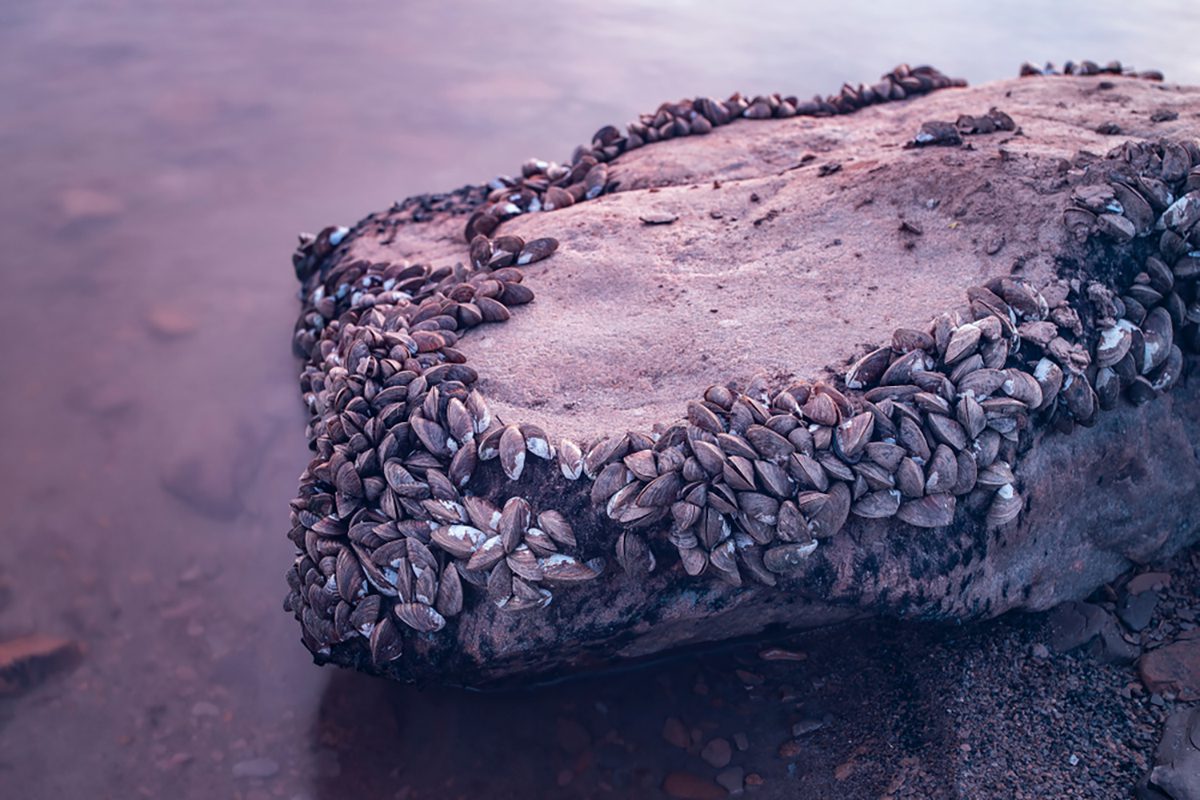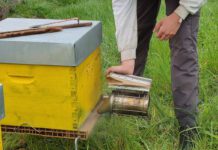
Industry investing over £8m a year to tackle the issue, says Water UK
Water companies are at the forefront of the battle against the invasive animals and plants which damage infrastructure and endanger native species.
Invasive non-native species (INNS) are one of the world’s biggest environmental threats and cost the GB economy nearly £2 billion a year. While most non-native species are harmless, creatures such as the American Crayfish and the Zebra and Quagga mussels as well as plants like Japanese Knotweed can cause huge problems for the environment.
Zebra and Quagga mussels, for example, not only impact native mussel populations but also harm fish populations by taking over spawning grounds and changing the populations of the animals that the fish eat. Meanwhile animals such as the American Signal Crayfish and Demon and Killer Shrimp pose a huge threat to native species and damage fragile ecosystems.
Plants such as New Zealand pygmy weed, and floating pennywort also have the potential to cause huge environmental damage. Floating pennywort, for example, can completely cut out native species as it blocks out light, reduces oxygen, obstructs air-breathing insects and reduces water temperatures. These plants can also cause structural damage to water infrastructure including weirs and treatment works as well as creating health and safety issues for maintenance and recreation, particularly at reservoirs.
Up and down the country water companies are involved in special projects to help tackle invasive species including:
• Yorkshire Water is working with DEFRA and the Centre for Agriculture and Bioscience International (CABI) to trial a special mite to control the spread of the New Zealand pygmy weed. The plant can form dense mats in still and slow-moving water bodies, dominating sensitive aquatic environments and threatening native plants and invertebrates. It can also exacerbate flood risk as well as clogging pipes and intakes.
• South West Water have installed a six-foot wooden sculpture of an American signal crayfish at their Roadford Reservoir to raise awareness of the presence of the animal at the reservoir and to remind recreational water users at the site to carry out biosecurity measures to prevent it from spreading further
• Essex & Suffolk Water has teamed up with local conservation groups to remove floating pennywort along a stretch of the River Chelmer, which will help to protect the local environment and keep local waterways open for everyone to enjoy
Water companies continue to work with government, NGOs and other partners to tackle invasive species and help promote biosecurity. Through the Check, Clean, Dry biosecurity partnership for example water companies are helping fund a project to prevent invasive species from entering the country in the first place.
At their own sites across the country water companies have put in place biosecurity measures to encourage best practice among the public, especially recreational users such as anglers and boaters, and prevent the spread of invasive species.
Water companies have spent around £25 billion on environmental work since 1995 – action which has improved around 10,000 miles of rivers. The sector plans to spend an additional £5 billion between 2020 and 2025 on environmental improvements.
Michael Roberts, Chief Executive, Water UK said:
“Tackling non-native invasive species is very important for the sector in order to prevent damage caused to vital infrastructure but also the harm caused to our precious ecosystems.
“Water companies are at the forefront of this battle, but they can’t do it alone which is why they continue to work with partner agencies and the public to prevent the spread of invasive species and promote rigorous biosecurity.
“The sector is passionate about the vital role it plays in protecting and enhancing our natural environment and by 2020 will have invested around £25 billion into environmental work.”







